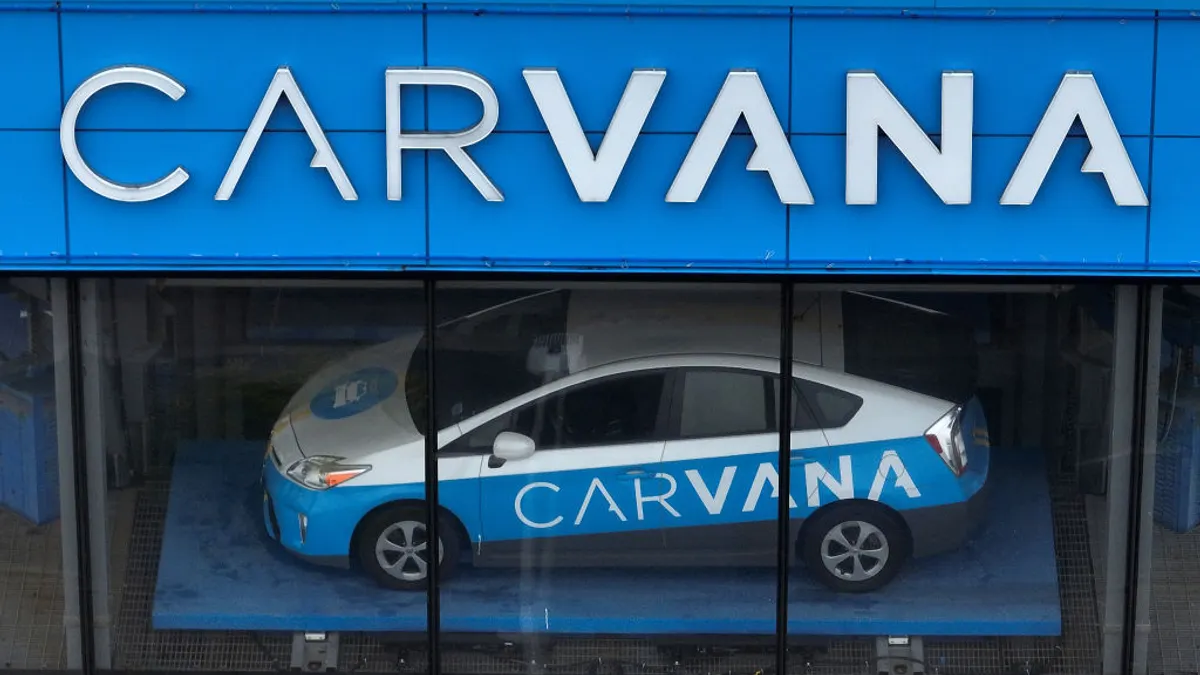A whole host of factors, including the ease of breaking into and stealing a truck and trailer and of dispensing of stolen cargo, the omnipresence of gangs, and the relative indifference of law enforcement has turned trucking piracy into a big and burgeoning risk for a wide range of companies, risk management experts say.
Trucking cargo thefts amount to $30 billion a year, according to 2010 estimate by the FBI, and they’re rising. In the second quarter of this year, in fact, cargo theft incidents rose 22% over the same quarter of 2011, data provider CargoNet found.
Indeed, thieves targeting high-risk goods transported via trucks represent a growing business, property, and reputational hazard for manufacturers and transportation companies, according to a variety of risk management sources.
Two of the riskiest products being transported are pharmaceuticals and electronics. Often valued at millions of dollars per load, they can be very alluring to pirates. Other high-risk products include tobacco, alcohol, and luxury retail goods, according to Bert Mayo, a vice president of risk control services with Lockton, an insurance broker.
Considering the wide range of participants in the transportation of goods via trucks – manufacturers, distributors, loaders, purchasers, transportation officials – it’s understandable that a company might find it hard to focus on how to prevent cargo theft.
Yet a wide range of experts does tend to agree on the most logical person to concentrate on: the driver. David Shillingford, president of Verisk Crime Analytics, a national information-sharing system designed to combat cargo theft, agrees that that’s the key to stopping such theft. “It’s like a bank on wheels and one person is in charge,” he says.
Because so much of cargo safety depends on the driver of the load, the risk managers of companies moving high-risk freight need to do scrupulous pre-employment screening and a background check. “It’s an industry where the average driver pay is $40,000-$50,000 and he’s moving a load of several million dollars worth of pharmaceuticals, [for example, so] we have to know he’s going to be on our side,” says Mayo.
Perhaps because of the economic incentives pressing on drivers to take part in piracy, companies find it tough to prevent the risk by buying insurance. To be sure, some trucking companies handling high-value goods can have a total insured limit of as high as $20 million-$30 million, says Mayo, although most carriers have coverage of $500,000 to $1 million.
Yet while theft is covered, the involvement of the driver is not. “Most cargo policies exclude an act by the driver—if the driver failed to do his job, or if he stole it, it’s not covered,” Anthony Cowie, a senior vice president with Swiss Re, a reinsurance company, says.
Given the difficulty in getting coverage, companies need to focus on preventing their financial losses by other means. Cowie, for instance, points out the importance of vetting drivers of trucks carrying high-value cargoes. Because products are often transported in unmarked containers, their theft is “almost always an inside job. There will often be inside information passed from someone who knows what’s in a shipment. Typically there are organized syndicates doing these crimes,” he says.
Jennifer Santiago, director of insurance with Novartis, the pharmaceuticals giant, says drivers working for the trucking companies the pharmaco hires are instructed not to stop in areas known for piracy. Their trips are also pre-determined down to the lane they are driving in, so there’s no room for deviation, she says.
“There is a sign-off of the merchandise when the driver picks it up and the entire trip is monitored,” she explains. Once a shipment is on the road, GPS locators are used for tracking by both Novartis and a third-party services provider, “so we know where it is at any time. If there is a stop, somebody calls to ask why.”
For transporting its pharmaceuticals, Novartis employs companies that adhere to its requirements. “It’s a bulleted list with pages and pages of requirements. Our security team at Novartis is strong and drives the effort,” says Santiago.
While high-end trucking companies are ideal, Novartis doesn’t always have control over the carrier used. When it’s dealing with Wal-Mart, Walgreens, and other big chains, the carrier is chosen by them. Being required to use a specified carrier means that “you are more at their mercy,” Santiago says. “You are trying to put your requirements on a third-party company that you don’t have a relationship with, so that can be a challenge.”
Indeed, more than air, rail, and water transport, trucking is Novartis’ riskiest means of transport, she says. “Much is at stake, including reputational risk of the brand, and regulatory risks.”
Babes in Gangland
Many cargo thefts are now committed by members of organized crime, including gangs, according to the FBI. Because it’s most efficient to pounce quickly, thieves will randomly steal a truck with the trailer “before they even know what’s in the truck,” Mayo says, noting that drivers taking a lunch or dinner break often discover their truck and the load being hauled is gone.
To make things worse, the trucks are easy to steal. “It’s a matter of breaking a pretty insecure lock on the door and for a lot of trucks being made today, one master key can start a whole series of trucks,” the broker says.
Port cities like Miami and San Francisco are prime targets for such crimes because thieves can easily sell the stolen products. It’s so easy, in fact, that a thief driving into Miami with the stolen trailer “will actually get the bill of lading at that point,” Mayo explains. “They will call ahead saying they have a load of whatever the product is and they can move it. The scary thing is that there is a whole structure set up to move any product.”
A big reason the crime flourishes, he adds, is that the penalties for it are small. “It’s considered a minor offense, so someone gets six months in jail for stealing a truckload of clothing, versus 10 years for being involved with drugs. The payout can be enormous,” he says.
Cargo theft doesn’t carry the penalties that violent crime would carry, Cowie observes. “As budgets are being cut, law enforcement doesn’t have the resources to dedicate,” he adds, noting that the FBI had to cut funding for various cargo-theft programs.
The insurance community has been lobbying through trade organizations to get more money for the U.S. Coast Guard and the FBI for cargo theft interdiction; however, “There is not responsiveness from Congress. Because it’s a property crime, it doesn’t get the attention it probably should,” he says.



















